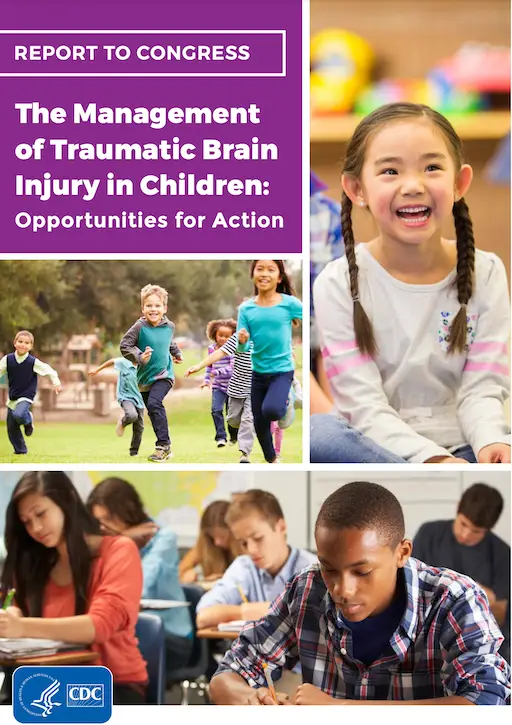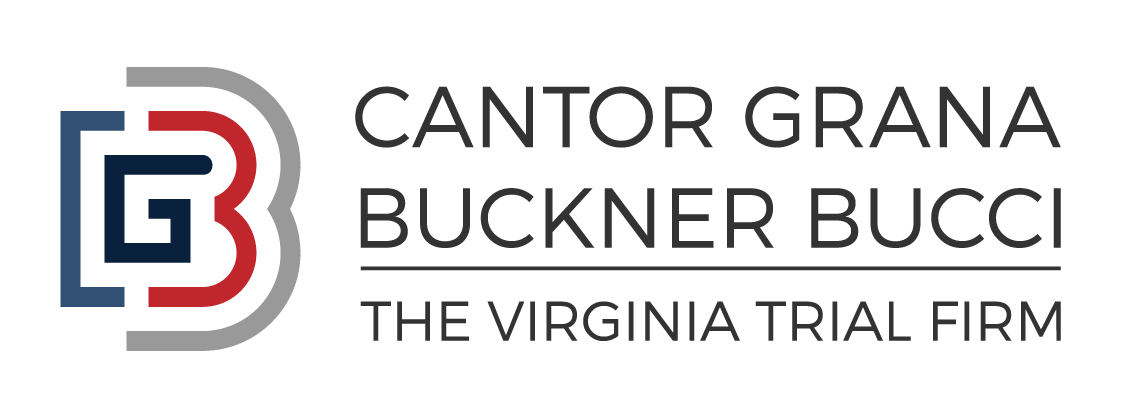There is a long, strong relationship between the development of psychiatric disorders and brain injury. In adults, the risk of developing a mental health disorder after mTBI was highest in the first 2 years postinjury. For this study, the effects on children were examined.

Researchers studied nearly 20,000 cases of mild TBI in children, who were matched with almost 38,000 controls and randomly selected. They found the risk of developing a mood disorder (e.g. depression, anxiety) was 34% higher in children with a mTBI; it peaked during the second year and remained high in the third. At years 2 and 4, the adjusted risk for behavioral disorders such as Attention-Deficit/Hyperactivity Disorder was also high, with a 37% increase. The risk for both disorders was highest among 10- to 13-year-old patients. [1]
The research demonstrates how mTBI can have a profound impact on mental health on middle- and high school–aged children, and that identifying and treating these mental health disorders could be especially effective during the first 2 years after injury for 10- to 17-year-old children.
Brain injury is complicated. If you are in the midst of a brain injury case and need help finding specialists, understanding the latest research, or explaining the complexities of the case, the experienced personal injury lawyers with Cantor Grana Buckner Bucci are able to provide co-counsel every step of the way; call us.
Childhood Traumatic Brain Injuries Linked to Executive Function Problems.
In a report published in the medical journal JAMA Network Open[2], researchers found evidence that children may experience changes in brain structure up to six months after sustaining a traumatic brain injury (TBI), even after they seemed to be recovered.
An international team of researchers from the United States, Australia, Iran, the Netherlands, Norway, and other countries set out to investigate the link between cerebellar and white matter changes and executive function. They studied 600 children and adolescents from 9 sites, used MRIs to examine structural changes to the brain and used parent-reported scores to determine effects to executive function.
Motor functions of the cerebellum are well-established, but frontocerebellar brain systems also support executive functions. The MRI findings showed that patients who had sustained a TBI experienced decreases in cerebellar volume, which were most pronounced in the later-developing posterior lobe, and that the volumetric alterations were associated with poorer executive functioning, which can lead to poor judgment and decision-making, difficulty solving problems and expressing emotions.
The researchers also added to the body of evidence that recovery time for mTBI may take longer than two weeks, contrary to what many believe. Their findings demonstrate that TBI, regardless of severity, can evolve over time to affect the brain and change the structure of the brain in areas that affect major life functioning. They support guidance that suggests early intervention with rest and treatment and not keeping children out of school too long can help improve recovery and decrease the risk of significant side effects to the brain.
The Management of TBI in Children
According to CDC data, in 2018 approximately 640,000 kids in the US went to the emergency department because of a TBI in the United States

In 2018, CDC released this Report to Congress on the Management of Traumatic Brain Injury in Children, which details the impact a TBI can have on children and their families. This report describes the public health burden of TBI in children and adolescents, including the range of outcomes that may be experienced following a TBI. In addition, the report lays out the current systems involved in the management of children with TBI, identifies gaps that exist, and outlines some practices that hold promise in addressing those gaps. Finally, opportunities for action are offered that suggest ways to improve TBI care in children, and how we might advance our understanding of TBI care in the future.
The report identifies 8 major areas in need of improvement:
- Access to comprehensive care at the time of injury
- Long-term management
- Family support and training
- Return to school
- Return to activity
- Transition to adulthood
- Professional training
- Research
Find it here: https://www.cdc.gov/traumatic-brain-injury/media/pdfs/TBI-ReporttoCongress-508.pdf
Long-Term Outcomes Of Pediatric Traumatic Brain Injury Following Inpatient Rehabilitation
In a study that investigated residual disability in youth with traumatic brain injury (TBI) who received their initial care in a pediatric inpatient rehabilitation unit and examined associations of disability with inpatient status and measures of concurrent functioning, more than half were found to had residual disability more than 1 year after inpatient rehabilitation. [3]

The study was done via a retrospective chart review of clinical data collected from standard clinical care at admission and discharge combined with follow-up data examining current functioning at the time of study enrollment. Measures included Glasgow Outcome Scale—Extended, Pediatric Revision (GOS-E Peds), Neurology Quality of Life Measurement System Short Form (NeuroQOL) Social Interaction with Peers and Cognitive Short Forms, Patient Reported Outcomes Measurement Information System (PROMIS) Global Health Scale, Strengths and Difficulties Questionnaire, and the Behavior Rating Inventory of Executive Function, 2nd Edition (BRIEF-2).
45 children aged 6 to 18 years, who were at least 12 months post discharge were involved in the study. Parent report at follow-up indicated 62% of the children had residual TBI-related disabilities on the GOS-E Peds, while 38% reported “good recovery.” Children with residual disability also reported more long-term problems in overall health, social relationships, emotional regulation, behaviors, and executive functioning than those with no residual disability. Measures of functional independence and cognitive recovery at discharge were associated with these impairments.
In the complimentary study, children with a GCS < 13 at hospital discharge who received inpatient rehabilitation showed more favorable recovery at 12 months compared to children who received only non-inpatient inpatient rehabilitation
If a loved one has sustained a serious brain injury, it’s important your legal team understands the long-term risks of the injury and how to maximize recovery; the experienced personal injury lawyers with Cantor Grana Buckner Bucci can help you obtain justice. Call us.
Pediatric Brain Injury at Trial
The rules for when injured children are required to file a personal injury claim in Virginia are different from the rules for adults. The Code of Virginia Code states a minor has no legal capacity to file a personal injury lawsuit, meaning the statute of limitations is suspended until their emancipation, which occurs on their 18th birthday. From the day the minor turns 18 years of age, they will have two years from that date to file their personal injury lawsuit. Of course, parents can pursue legal remedy on behalf of their child at whatever point they desire.

When deciding to settle a pediatric brain injury case, the most crucial piece of timing is to wait until the full extent of the child’s injuries is understood. If the child is still undergoing active medical interventions, settling too early might not adequately cover future medical costs. Depending on the child’s age, significant developmental milestones may need to be reached before a full understanding of the injury’s impact is possible. Before considering a settlement, parents should wait until the child is stable medically and their developmental trajectory is clearer; this can take quite some time, even years, depending on the severity of the injury. Brain injuries can manifest symptoms gradually over time, so waiting allows for a more accurate assessment of the child’s future needs.
Key factors to consider before settling a pediatric brain injury case include the severity of the injury, the child’s developmental stage, the medical prognosis, the impact on daily life, future medical expenses and the advice of the attorney.
In cases of severe injury, for which a child may require lifelong care, establishing guardianship and special needs trusts are critical to ensure the child’s financial and personal well-being are safeguarded, so the personal injury lawyer may need to refer the parents to lawyers specializing in trusts and estates.
[1]https://medicalxpress.com/news/2024-01-affective-behavioral-disorders-children-mtbi.html
[2] https://www.aboutlawsuits.com/childhood-tbi-injuries-executive-function-study/
[3] Horn T, Lundine J, Busch T, Benkart R, Taylor H, Koterba C. Long-Term Outcomes of Pediatric Traumatic Brain Injury Following Inpatient Rehabilitation. J Head Trauma Rehabil. 2024 Mar-Apr 01;39(2):E95-E104. doi: 10.1097/HTR.0000000000000886. Epub 2024 Mar 18. PMID: 38529909.



